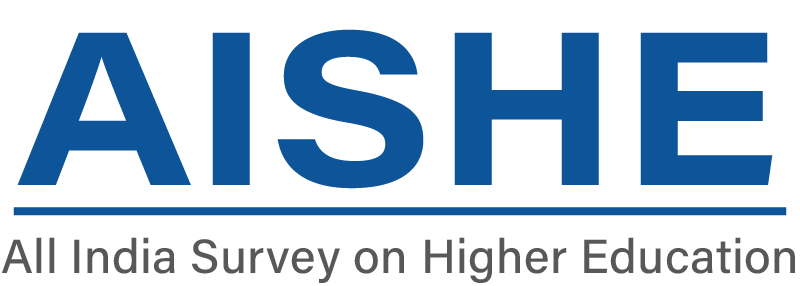About Ministry of Education
Education plays an important role in the Human Resource Development and a remedial role in balancing the socio‐economic fabric of the Country. Since citizens of India are its most valuable resource, our billion‐strong nation needs nurture and care in the form of basic education to achieve a better quality of life. This warrants an all-around development of our citizens, which can be achieved by building strong foundations in education. In pursuance of this mission, the Ministry of Education (MoE) was created on September 26, 1985, through the 174th amendment to the Government of India (Allocation of Business) Rules, 1961. Currently, the MoE works through two departments:
-
- Department of School Education & Literacy
- Department of Higher Education
While the Department of School Education & Literacy is responsible for development of school education and literacy in the country, the Department of Higher Education takes care of what is one of the largest Higher Education systems of the world, just after the United States and China.
The main objectives of the Ministry would be:
-
- Formulating the National Policy on Education and to ensure that it is implemented in letter and spirit.
- Planned development, including expanding access and improving the quality of the educational institutions throughout the country, including in the regions where people do not have easy access to education.
- We are paying special attention to disadvantaged groups like the poor, females and minorities.
- Provide financial help in the form of scholarships, loan subsidies, etc to deserving students from deprived sections of the society.
- Encouraging international cooperation in the field of education, including working closely with the UNESCO and foreign governments as well as Universities, to enhance the educational opportunities in the country
Department of Higher Education:
The Department of Higher Education, MoE, is responsible for the overall development of the basic infrastructure of Higher Education sector, both in terms of policy and planning. Under a planned development process, the Department looks after expansion of access and qualitative improvement in the Higher Education, through world class Universities, Colleges and other Institutions.
The importance of Higher Education is indisputable in the scheme of things that represent India to the world. In order to establish India as a knowledge‐based society of 21st Century, Higher Education can prove to be an important tool.
In this regard, the Department of Higher Education, MoE, has adopted a framework of policy initiatives, which include:
-
- Improvement of access along with equity and excellence
- Adoption of State‐specific strategies
- Enhancing relevance of H.E. through curriculum reforms
- Reforms in governance structures
The main objectives of the Dept of HE are:
-
-
- Access, Participation and Expansion
- To increase the Gross Enrolment Ratio (GER) in Higher Education to 15% by 2011‐12 and to 21% by the XIIth Five‐Year Plan.
- To expand institutional base in technical, professional and vocational education by creating additional capacity in existing institutions and establishing new ones.
- Equity and Inclusion
- To remove disparities between communities, social strata and genders by providing opportunities of Higher Education to deprived sections.
- Setting up institutions in uncovered areas to remove regional imbalances.
- Quality Enhancement
- To increase plan support for infrastructure and faculty development in the institutions of higher learning.
- To attract fresh talent into careers in teaching and research in education.
- To improve research facilities in Universities and Colleges.
- To promote collaboration with international community, foreign governments and institutions, etc.
- To promote development of Indian languages.
- Reforms in Governance
- To promote autonomy and academic reforms in institutions of higher learning.
- To initiate institutional restructuring for improved efficiency, relevance and creativity in Higher Education.
- Access, Participation and Expansion
-


